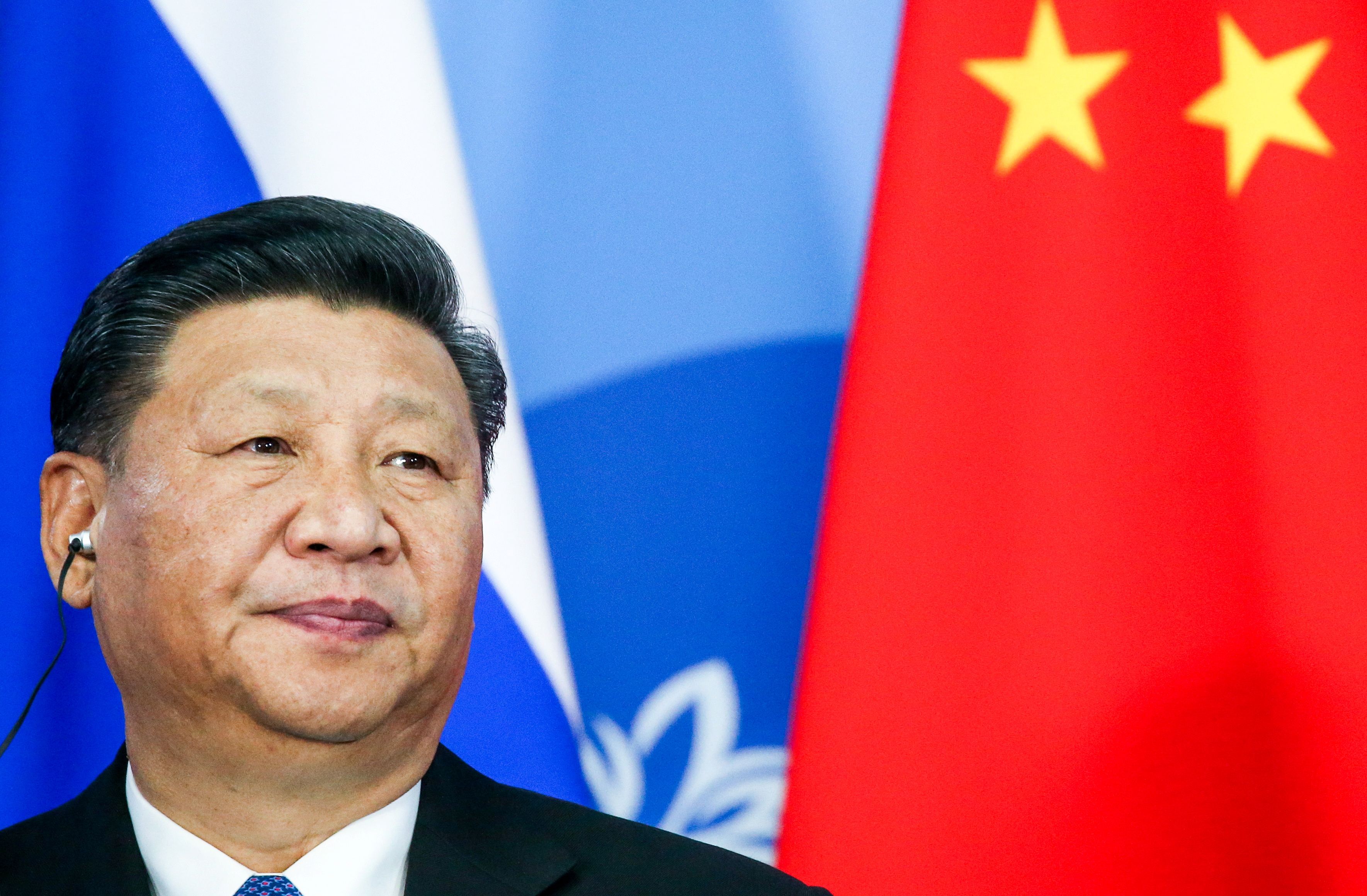September 21, 2018
This week, the US-China trade war escalated dramatically. The Trump administration announced 10 percent tariffs on $200 billion in Chinese exports, which will jump to 25 percent in January unless China offers concessions. China countered with tariffs ranging from 5-10 percent on $60 billion in US products that may likewise rise to 25 percent. President Trump then shot back with a threat of tariffs on yet another $267 billion in Chinese exports.
This increasingly dangerous fight is headed into 2019. Further escalation is very likely, in part because China isn’t ready to quit.
Here are five reasons why:- China’s leaders long suspected that Barack Obama’s “pivot to Asia,” a plan to shift US attention and resources into China’s neighborhood, was intended mainly to contain the expansion of China’s influence. Trump’s trade war, and statements from US officials that China’s economy is hurting as a consequence, confirms this suspicion. If the US means to stunt China’s natural growth, they reason, then the trade war isn’t really about fairness. It’s about undermining China’s ability to develop a competitive, high-tech economy and the extension of its global influence. Given that, it’s imperative, they believe, not to back down.
- Trump’s actions this week make clear that trade talks are pointless, at least until after US midterm elections on November 6. At that point, it’s unlikely so many complex issues could be resolved in the remaining eight weeks of 2018, even if the US and China wanted to cooperate. So unless they find new reasons to become more conciliatory, both sides’ tariffs will rise from 10 to 25 percent on January 1. That escalation will add accelerant to the fire, and as 2019 opens, there will be no obvious opportunity for China to propose a compromise. Better to wait until tariffs begin to hit the US economy, the Chinese may reason, and Trump is better disposed to cut a deal.
- Over the past year, Xi Jinping has consolidated more power within China than any leader in decades, in part on promises to deliver on what he calls the “China Dream.” With power comes credit and blame. This battle with Trump is now Xi’s fight. His credibility, with the Chinese leadership and the public, is on the line. Combine this with the reality that Trump launched this war, and Xi can’t afford to back down without concessions from Trump.
- China’s economy is far from crisis. According to Capital Economics, a research firm, “The damage from the latest escalation of the trade conflict on China’s economy will be small—much less than 0.5 percent of GDP, even if policy is not loosened further.” If Beijing wants to pump money into the economy to boost growth, it can. It can also allow the value of its currency to drift lower to boost exports. Chinese officials say that’s not in their plans, but it’s a tool they can use if they need to. China can also redirect many exports away from the US toward other customers.
- Chinese officials believe that, even if China has greater long-term economic vulnerability than the US, Trump has greater near-term political vulnerability than Xi. China’s president has no congressional majorities at stake this fall and no re-election campaign to prepare. There’s no Robert Mueller to keep him awake and no powerful business lobby ready to go public with its concerns. Unlike Trump, he pays no direct political cost when farmers and industries must be bailed out. In sum, Xi Jinping has reason to believe that China’s authoritarian political system and state-dominated capitalism are better at absorbing economic shocks than a democracy is.
The bottom line: US-China trade conflict can inflict real long-term pain on the Chinese economy—as well as the US and other countries. But because both Trump and Xi believe near-term fallout can be managed, this trade war will probably last longer and inflict more damage that anyone in either government really wants.
More For You
Bad Bunny during the Super Bowl LX halftime show press conference at Moscone Center.
Kirby Lee-Imagn Images
100 million: The number of people expected to watch the Super Bowl halftime performance with Bad Bunny, the Puerto Rican superstar and newly minted Album of the Year winner at the Grammys.
Most Popular
Think you know what's going on around the world? Here's your chance to prove it.
- YouTube
An imminent US airstrike on iran is not only possible, it's probable.
Americans are moving less — and renting more. Cooling migration and rising vacancy rates, especially across the Sunbelt, have flattened rent growth and given renters new leverage. For many lower-income households, that relief is beginning to show up in discretionary spending. Explore what's changing in US housing by subscribing to Bank of America Institute.
© 2025 GZERO Media. All Rights Reserved | A Eurasia Group media company.
